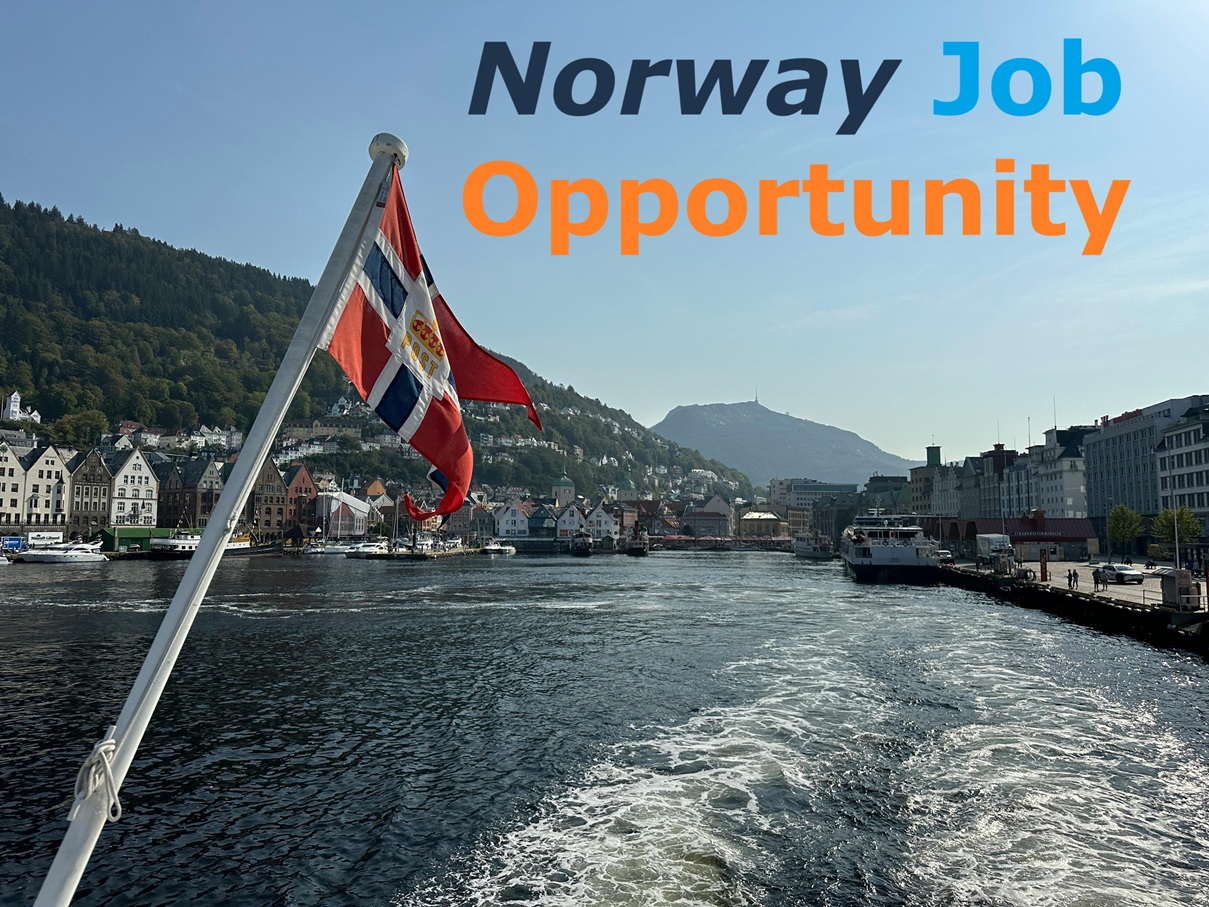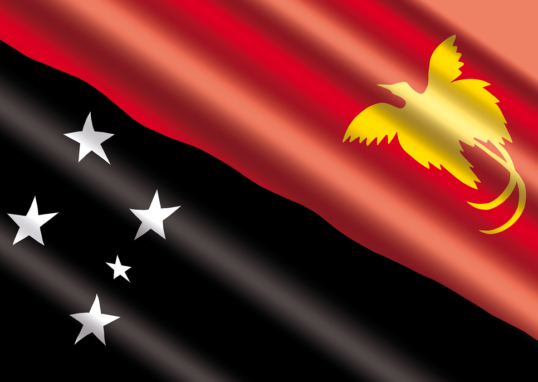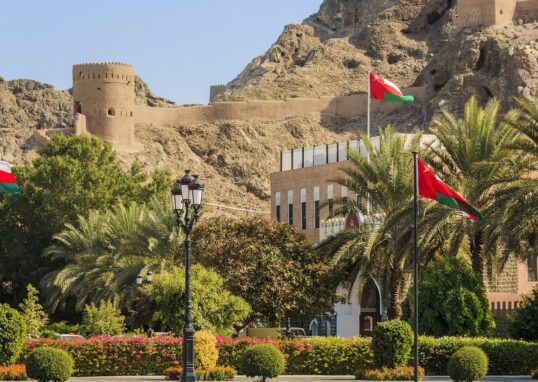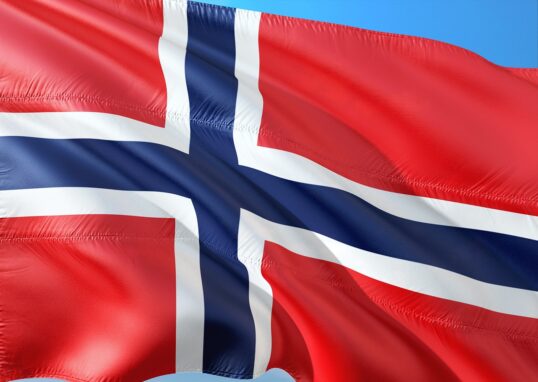
Opportunities for Foreigners in Norway: Jobs, Business, and Residency Cards
Norway is often regarded as one of the most desirable countries for immigrants to settle in, offering work permits and comprehensive social welfare programs. The country is renowned for its high quality of life, a powerful work-life balance, and an extensive social welfare system. Besides the attractiveness of its landscape, the numerous options Norway offers for occupations, startups, and entry and residency enable it to have a broad-based economic development.
Opportunities for Foreigners in Norway: Jobs, Business
Norway’s labor market is robust, characterized by low unemployment rates and high demand for experienced workers. Provisions regarding labor standards, social insurance, and wages are found across all sectors in the country. Foreigners with the necessary qualifications and skills will find better job opportunities and a brighter future in the industry. The job opportunities Norway offers are directly connected to its capable workforce.
Key Job Sectors for Foreigners
Energy and Oil Industry: Norway, as one of the world’s leading oil and gas producers, has a significant impact on its sustainable development in terms of energy. Oil and gas production is already mature, but the concentration on geologists, engineers, project managers, and other experts remains.
Information Technology (IT): Like other developed economies, Norway is also undergoing digital reinvention and is successfully doing so. IT professionals, including software developers, cybersecurity specialists, data scientists, and individuals with skills that enable organizations to work effectively with information systems, are the latest job positions employers cite for vacancies.
Healthcare: In the public sector, Norway ranks among the top 10 but still lags behind the top performers. Thus, it remains a payer copayment system for the public population, which comprises 85 percent of the population. Norway has always been ahead of the curve in providing healthcare to its entire population, as it was the primary method of payment. The healthcare system in Norway is a mixed public-private system with employer-sponsored health insurance (ESI) as the primary insurer for all employees.
Engineering: In addition to construction, transportation, and ocean shipbuilding, the engineering sector in Norway is also in demand for civil, mechanical, and electrical engineers. The country has also moved on to sustainable infrastructure. Data: Clean engineers, therefore, get more employment that is not controversial but requires adaptation to life.
Education: Scholars seeking to further their education in Norway can attend some of the country’s highly rated universities and research centers. Norway provides outstanding tenures in STEM (science, technology, engineering, and mathematics) and English education, unlike any other academic institution.
How to Secure a Job in Norway
Typically, a foreign national must obtain a work permit to secure a potential job. According to a diplomatic note issued by the Norwegian Embassy in Oslo on 2 November 2015, EU/EEA nationals can work to obtain a visa. Still, foreigners from countries that don’t have similar agreements with Norway must have a work visa.
Visa Types for Job Seekers:
- Work Permit for Skilled Workers: This is a specific status reserved for individuals with advanced qualifications, which are typically completed by a higher education graduate or an employer who has agreed to a specialization. There are no interviews or standardized tests. These countries normally only require a degree from an accredited university to secure a job.
- Job-Seeker Visa: This visa enables highly qualified individuals to come to Norway to seek employment. It is valid for six months, and you must secure a job offer to stay longer.
The work visa process requires a job contract, proof of qualifications, and sometimes a health check or language test (in Norwegian).
Business Opportunities for Foreigners
Norway is a developed nation with a sturdy economic system and a clear legal framework. Due to these reasons, wealthy individuals and other investors consider the country a viable option for relocating their business operations, much like London, which is often viewed as a desirable location for the affluent and their companies.
Key Sectors for Business Investment
Renewable Energy: Norway is a leading player in the efficient use of hydropower, one of the most sustainable energy sources. The government takes the initiative in developing new green energies, thereby allowing the entry of foreign entrepreneurs and inventors, particularly in areas such as wind and energy storage. It also provides a safeguard path by developing sustainable solutions in the transport and industry sectors.
Technology and Startups: Oslo and Trondheim are examples of this success story, with the Norwegian tech startup community thriving as the cities host technology centers. Technology has opened several new frontiers for Norway. These are just a few areas where the nation has established its reputation as one of the best.
Tourism and Hospitality: Ecotourism is one of the reasons why many tourists choose Norway for their adventures. This niche is well-suited for foreign investors, particularly in the hospitality sector (hotels, lodges, restaurants) and travel services. The government is keen on developing tourist spots and contributing to eco-friendly businesses nationwide.
Aquaculture and Fisheries: Norwegian companies that process seafood dominate the market. One key reason for this is that the country’s extensive coastline and proximity to the North Sea facilitate the production of seafood. The aquaculture industry, particularly the salmon farming sector, presents competitive opportunities for those seeking a career in the fishing industry.
Real Estate: Norway’s prospering cities and stable economy make the country an ideal site for the real estate market. The construction of new houses and the use of green technologies are two key areas where skilled professionals can expect to make the most significant development.
Starting a Business in Norway
Setting up a business in Norway is straightforward, thanks to the country’s efficient bureaucracy. You can register a company through the Brønnøysund Register Centre, the official register for business enterprises in Norway.
Business Structures:
- Sole Proprietorship (Enkeltpersonforetak) is the simplest form of company registration for starting a small business or freelancing.
- Private Limited Company (AS): This is the most common form for foreign entrepreneurs, requiring a minimum share capital of NOK 30,000 (about USD 3,000).
Taxation and Incentives: Norway’s corporate tax rate is 22%, making the system straightforward and reliable from an investor’s perspective. The country offers various incentives, primarily targeting companies engaged in research and development (R&D) or those operating in the high-tech or renewable energy sectors.
Business Visas:
- Entrepreneur Visa: This visa is available for business start-ups of non-EU/EEA nationals planning to establish a business in Norway. Candidates must present a clear business plan and evidence of sufficient funds to cover both personal and business expenditures.
- Investor Visa: This visa is designed for individuals who wish to invest in established businesses in Norway. The visa grants the businessperson the right to stay in the country, and over the next few years, they may be eligible to obtain permanent residency.
Government Residency Cards and Benefits for Foreigners
Norway’s government offers various options for non-Norwegian residents regarding the issue of a residence permit, depending on the foreign national’s nationality and the reason for their stay. EU/EEA nationals don’t need a visa to live and work in Norway. In contrast, foreign nationals outside the EU/EEA who hold a visa or residence permit can reside in the country legally.
National ID Card
Once a person is granted a residence permit in Norway, they are issued a National ID number, which is similar to a social security number. You need this number to perform tasks such as opening a bank account, buying a home, meeting health needs, and many others. They also obtain the National ID Number and fulfill the requirement for the National ID Card, which serves as an official document of identity and residency. The National ID Card is a key document for accessing public services and engaging in everyday activities in Norway.
Permanent Residency and Citizenship
Foreigners who wish to stay in Norway for an extended period can apply for permanent residency after three years (or five years for specific categories) of lawful residence. To qualify, you must :
- Hold a valid residence permit.
- Demonstrate sufficient income.
- Complete Norwegian language requirements.
- Show that you have not committed any serious crimes.
After living in Norway for seven years, you may be eligible to apply for citizenship; however, this is not guaranteed unless you meet additional requirements, such as demonstrating proficiency in the language and having a clean criminal record.
EU Blue Card
The EU Blue Card is a non-EU/EEA work permit issued to very skilled non-EU/EEA professionals. Although Norway is not a member of the European Union (EU), it is a member of the European Economic Area (EEA). Blue Card holders have several rights, including more effortless movement across EEA countries and the option to acquire long-term residency.
The EU Blue Card also facilitates your access to the Norwegian job market, allowing you to transition to a permanent stay.
Conclusion
Norway is an ideal destination for tourists, people from other countries, and those seeking job opportunities, establishing businesses, and long-term living there. There is a strong job market in various industries, including energy, IT, healthcare, and engineering. Thus, the country offers employees high salaries, excellent work-life balance, and job stability. Businessmen will find very favorable conditions there, with the availability of clean energy, technology startups, tourism, and the fisheries sector. An efficient visa process is a matter of course, as the Norwegian government enables work permits and supports long-term residency through programs such as the National ID program, permission for permanent residency, and the EU Blue Card.








